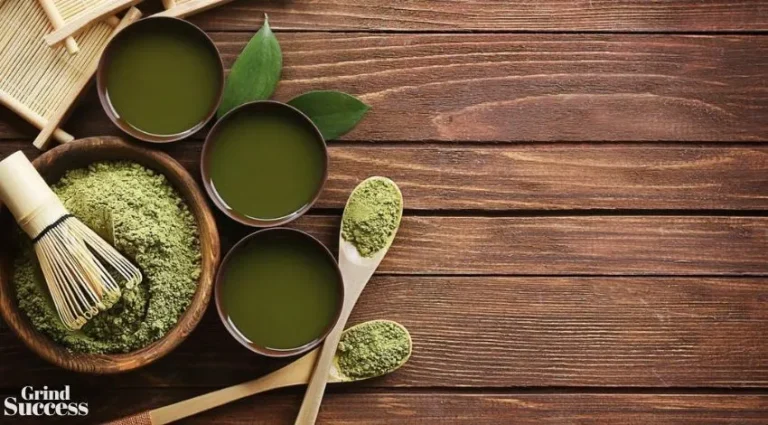Is The Use And Possession of Kratom Considered to be Legal

In the United States, it is illegal to possess and use kratom. These laws are a violation of indigenous cultural rights. The American Kratom Association, the nation’s largest kratom association, opposes these restrictions.
Critics say that kratom may be a dangerous substance. However, kratom advocates say that the compound is not addictive and can be used safely if combined with other drugs. In two studies, NIH-funded scientists found that rats did not abuse mitragynine in any way.
However, despite this fact, the FDA is still opposed to kratom and has not publicly backed the drug’s scheduling. It also issued a warning about kratom use.
What is kratom
Kratom is a natural herbal supplement that is sold as a capsule or dry powder. While some states have banned the use of kratom, the drug is still considered legal at the federal level.
It is currently sold as an alternative to opioids in various forms such as capsules, crushed leaves, and powders.
According to the American Kratom Association, millions of Americans use the herb. The federal government has been contemplating stricter regulation of the drug for years.
The DEA once attempted to ban kratom as a controlled substance but was forced to reverse course after the backlash from kratom users.
The DEA also consulted the FDA and has not imposed any regulation on the product since.
Usage of kratom
Kratom is currently legal in the United States. However, in some states, it is considered illegal. Under the Controlled Substances Act (CSA), kratom is classified as a Schedule I drug.
This means that anyone who is caught with it faces severe punishments. Consequently, the use of this plant is regulated by the DEA.
The DEA has been considering making it illegal, but there is a large public backlash against this move.
Kratom benefits
Kratom is a plant whose leaves have a stimulant effect and is also used to fight fatigue and addiction. However, it also has a sedative effect when taken at higher doses.
This makes it a valuable alternative for those suffering from opiate addiction. Kratom is legally available in most European countries and some states of the US.
In some countries, however, it is classified as a controlled substance. For example, kratom is illegal in Myanmar and Australia. However, Thailand recently legalized its medicinal use.
Moreover, according to studies conducted by scientists at the University of Mississippi’s National Center for Natural Products Research, Kratom helps to relieve the physical and mental symptoms of heroin addiction.
Users also report that the herb helps them fight chronic pain, improve their mood, and experience increased sexual energy.
Moreover, the plant’s entactogenic and psychostimulant properties make it useful for treating various types of addiction, from chronic pain to amphetamine addiction.
Kratom has also been used for centuries by the native populations of Southeast Asia. It has anti-anxiety and anti-panic properties. It also boosts energy levels and metabolism.
Therefore, it helps people suffering from mood swings, depression, and anxiety. In addition to its many other benefits, it is also widely available in capsule form.
Bottom Line
Currently, the use and possession of kratom are legal in many states but illegal in some others. Tennessee, for example, recently banned the sale of synthetic kratom.
But the state’s attorney general’s office said that the substance in its “natural botanical form” is not a controlled substance. Two bills have been filed in Mississippi that would make kratom illegal, but it’s unclear whether they will pass.
If the US decides to ban kratom, the punishment could be severe. People who sell or use it without a license could face prison sentences.
They would also need special permission from the DEA to conduct research on the substance. The punishment would depend on the state’s laws, however.






